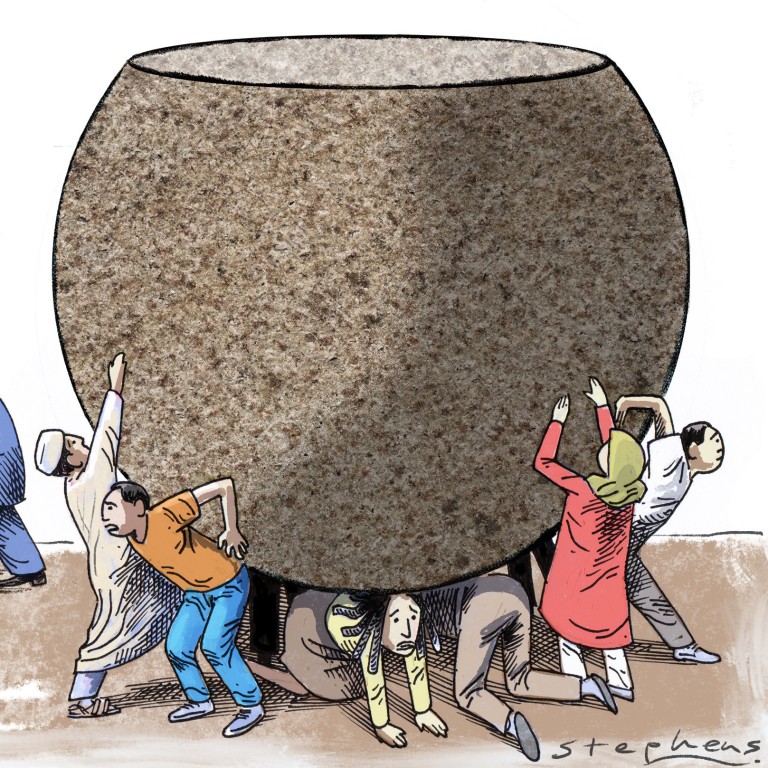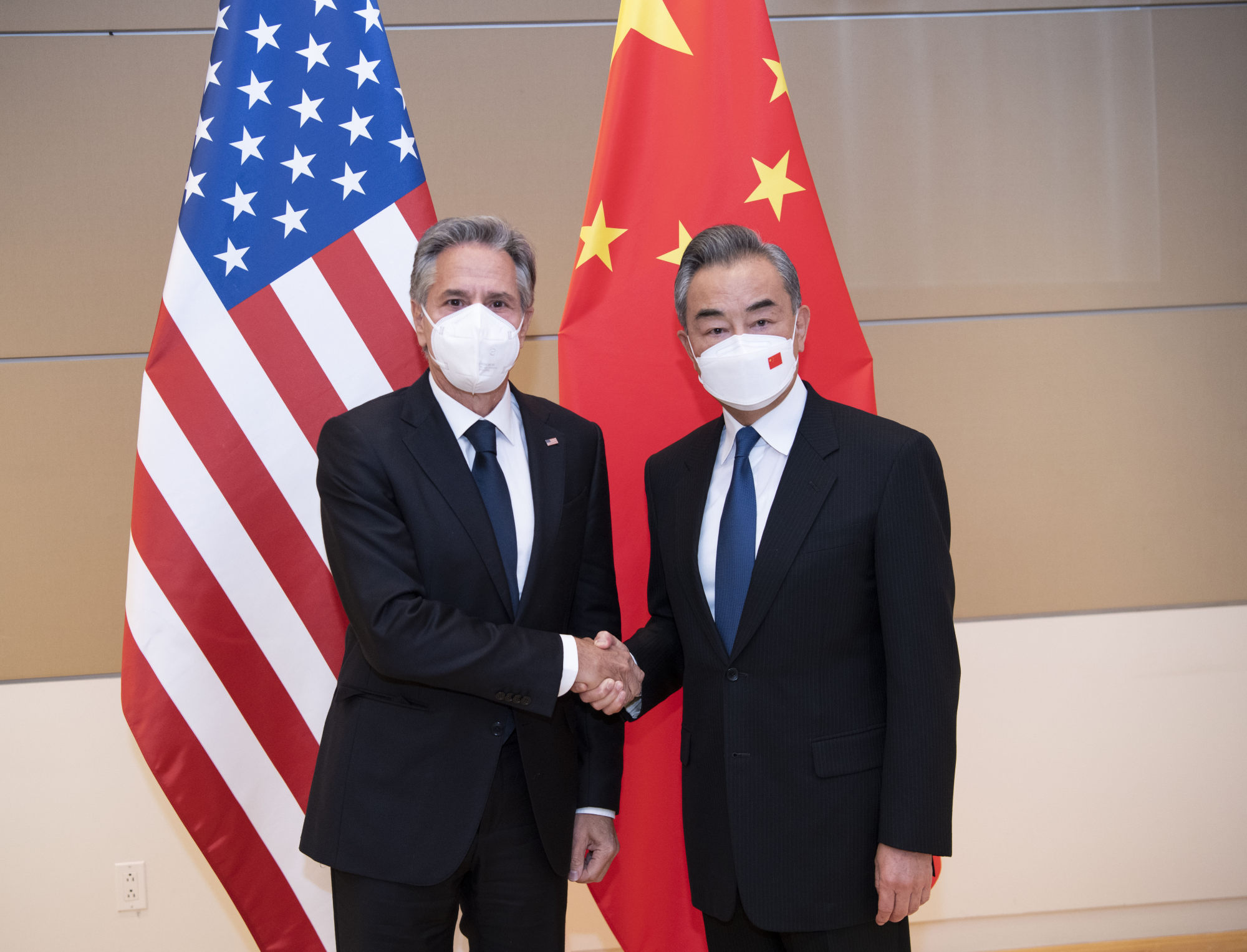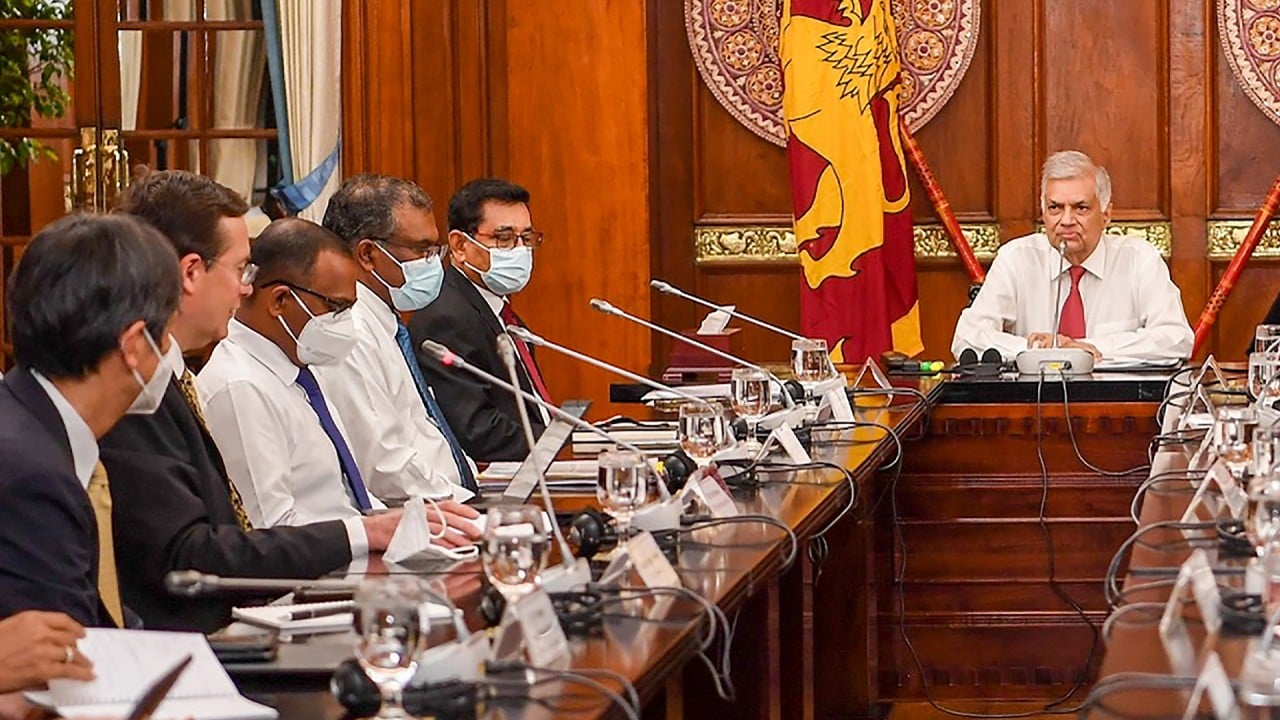
G20 summit: 3 ways Xi and Biden can drive the global agenda for greater equality
- They can make global institutions more representative and create more equitable financing mechanisms
- To open a pathway to partnership, they can start by recognising the common challenges of domestic inequality that both the US and China face
To do this, they must put bilateral US-China tensions to the side and focus the considerable power of both nations on leading the global community to address the systemic inequalities embedded in global governance institutions and the inequitable principles that govern how finance for development is allocated.
When these institutions – often called the Bretton Woods system – were created, three-quarters of the countries in today’s world didn’t even exist. As such, these institutions do not adequately represent billions of people. As well, financing global responses to these shared crises uses a charity-based model in which wealthier nations decide when, how and to which less-wealthy nations global resources are allocated.
Momentum is growing for reform. Advocates for change like Prime Minister Mottley and others will build on efforts initiated at the United Nations General Assembly and at the World Bank/IMF meetings, as the mechanisms and principles guiding global governance and the allocation of development finance are ripe for change.
As permanent members of the Security Council and as the two largest economies represented in the G20, China and the United States can play a transformational role to drive this much-needed reform agenda in three important ways.
Brace for a Great Reset as new voices challenge Western world order

A growing movement called “global public investment” is coalescing around a set of principles to guide this reform in which all countries pay in, all receive and all have a say in how the money is spent.
This concept moves beyond the traditional paradigm in which one set of countries contributes and governs, while another set acts as the intended beneficiary. It is time to build these principles of shared commitment and shared well-being into all global financing mechanisms – and advocacy should start at the G20.
As countries with significant global influence, the US and China could, in collaboration, drive these institutions towards a more representative, inclusive and therefore, more sustainable future.
Third, they can find commonality domestically. If Biden and Xi meet in Bali, it will be their first in-person meeting since 2015. To rebuild their personal rapport and open a pathway to partnership on addressing global inequality, they could start by discussing the challenges of domestic inequality both face at home. They will find they have much in common.
What China and the US failed to learn from fall of the Iron Curtain
In her latest piece, “The Clash of Two Gilded Ages”, University of Michigan Professor Yuen Yuen Ang points out that both countries are struggling to rein in the excesses of their recent “gilded ages”, and that they share far more than their leaders admit.
Framing this potential G20 meeting in terms of inequality – both domestic and global – does not deny the real and intractable problems that complicate the US-China relationship, nor should it deter from understanding, managing and even solving these problems in the years ahead.
But the tense bilateral relationship should not become an excuse for the leaders of the world’s two biggest economies to shirk their joint responsibility to help solve far larger global problems affecting billions of people. And, it is possible that in shifting the energy in the bilateral relationship slightly towards addressing global inequality, openings and solutions for abiding bilateral challenges may come into view.
True leadership demands that Presidents Biden and Xi both turn their attention to inequality – and upend it not only in their countries’ individual societies, but across the whole world.
Elizabeth Knup is regional director, China, at the Ford Foundation. She is based in Beijing


